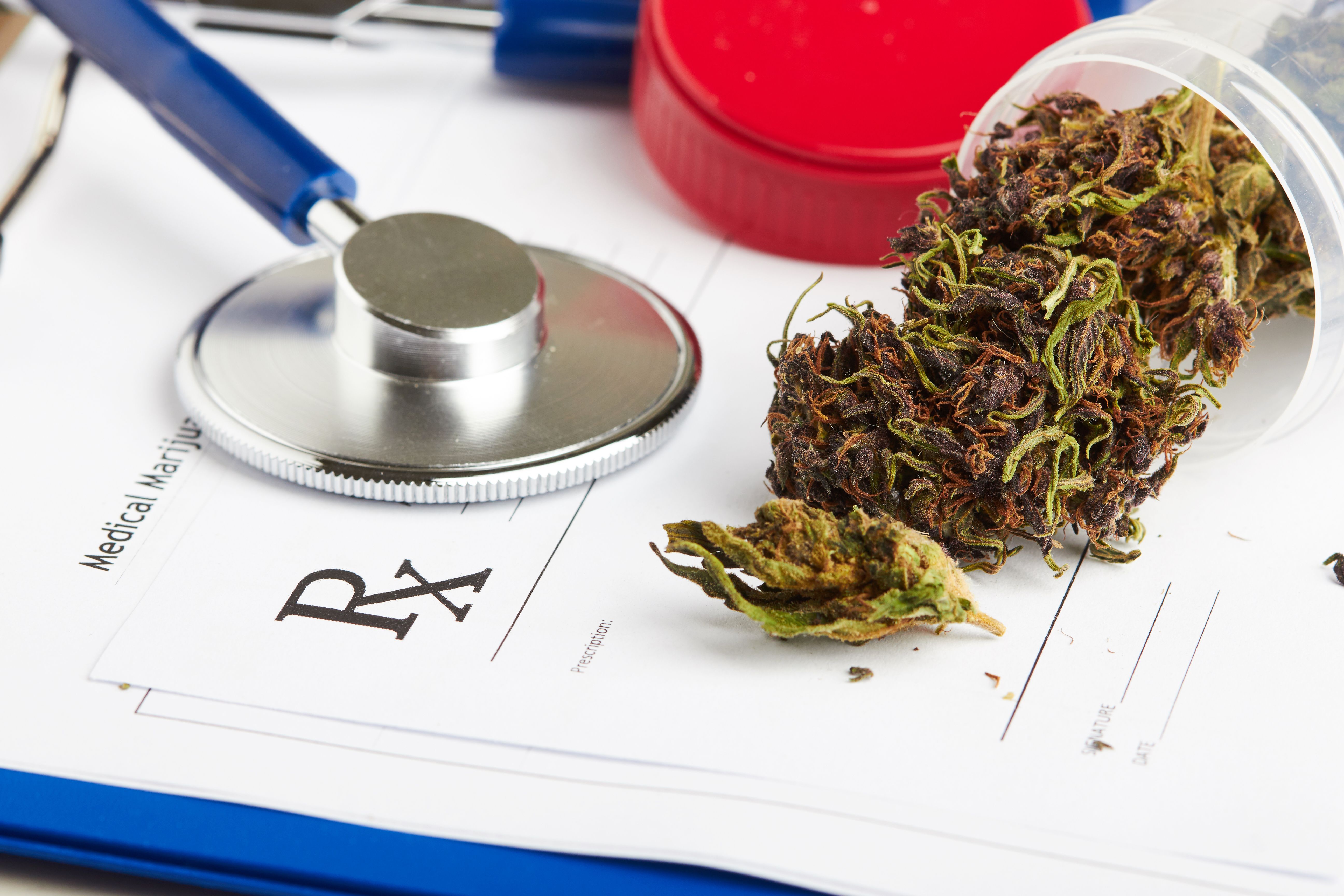Article
RNS Q&A: Medical Marijuana and CBD Oils
Author(s):
One of the most common topics among healthcare providers and patients is the growing conversation around medical marijuana and CBD oils, particularly, it’s potential to alleviate pain and improve quality of life. In this Q&A, Nancy Delnay, a pediatric nurse practitioner with Akron Children’s Hospital, discussed the state of medical marijuana and CBD oils.
(©Megaflopp, AdobeStock)

Nancy Delnay, MSN, APRN-CNP

One of the most common topics among healthcare providers and patients is the growing conversation around medical marijuana and CBD oils, particularly, it’s potential to alleviate pain and improve quality of life.
While to date, medical marijuana and CBD oils have largely been a subject of curiosity rather than a therapeutic option, the search for knowledge is gaining momentum. In a presentation given at the Rheumatology Nurses Society annual meeting earlier this month, Nancy Delnay, a pediatric nurse practitioner in rheumatology at Akron Children’s Hospital, Ohio, discussed the state of medical marijuana and CBD oils as medical treatment.
In this Q&A, Ms. Delnay covers some takeaways from her talk.
Why address this subject now?
“The Arthritis Foundation opened a three-day chat on this topic earlier this year. I realized our patients have questions, and I don’t have answers. With the passage of The Farm Bill in 2018, advertising for hemp CBD oil is inundating the public. There are many anecdotal stories regarding CBD, but there is a lack of quality research to support efficacy. “
Most rheumatology disorders are not specifically included as qualifying conditions for medical marijuana. Is it too early to recommend medical marijuana as treatment for rheumatology conditions?
"There are no indications for rheumatology patients at this time as research specific to rheumatology is minimal.
While most states include pain of some sort as a qualifying diagnosis [for medical marijuana], the most common diagnoses for rheumatology are not included as qualifying diagnoses. Massachusetts is one that has arthritis on its list. Connecticut specifies “severe rheumatoid arthritis.” Does this preclude mild arthritis or osteoarthritis? None of the states address juvenile arthritis. Hawaii is the only state to include lupus. The common diagnoses of rheumatology, arthritis, lupus, dermatomyositis, scleroderma, and Sjogren’s, are not included as qualifying diagnoses for the majority of states.
Medical marijuana and CBD are not the same. They don’t function at the same receptor sites within the body. Medical marijuana includes THC, a psychoactive component, which binds to the CB1 receptor in the brain. Children’s brains are still developing into their 20s, so any treatment affecting their brain requires responsible research. CBD comes from the same plant as THC. High-quality compounding pharmacies will need to test to ensure their product is an isolette of CBD only-98 percent or more, free of THC. There are no guarantees on the quality or quantity of ingredients in over the counter products.
At this time, there hasn’t been sufficient research to make a recommendation for use of any of these products in any population.”
So far, what does the research show?
“Side effects to these products can include cyclic vomiting with overuse, imbalance increasing the risk of falls, fatigue, low mood, headaches, dry eyes, dry mouth, dizziness, and memory changes.
In rheumatology, the disease itself may cause these symptoms so giving a treatment that has the same symptoms doesn’t seem beneficial. We don’t have enough information [to guide treatment,] but anytime one product claims to treat everything, there should be questions.
These products cannot be recommended for children at this time. There should be caution used with elderly patients because of the potential increased risk of injury.”
What is or might be the role of nurses in integrating medical marijuana and CBD oils into rheumatology?
“For nurses and all providers, it’s important that we have open communication with our patients. We need to know what over-the-counter supplements, therapies, and prescription medications they’re taking. We can’t responsibly prescribe treatments if we don’t know if a patient is self-medicating.”
Do you have any takeaway messages for our healthcare readers?
“There isn’t enough research [as of yet]. There simply isn’t enough known. Compounding pharmacists can be a great resource for information. I would encourage providers to read research results carefully. Look at the number of participants and the length of time studied, not just the last line of the outcome.
While the American Academy of Pediatrics points to the negative health and brain development effects of marijuana on children and adolescents and are opposed to using marijuana in patients ages zero to 21 years old, they recognize that marijuana may be a current option for cannabinoid administration with children who have life-limiting or severely debilitating conditions who aren’t getting adequate treatment from current therapies.




